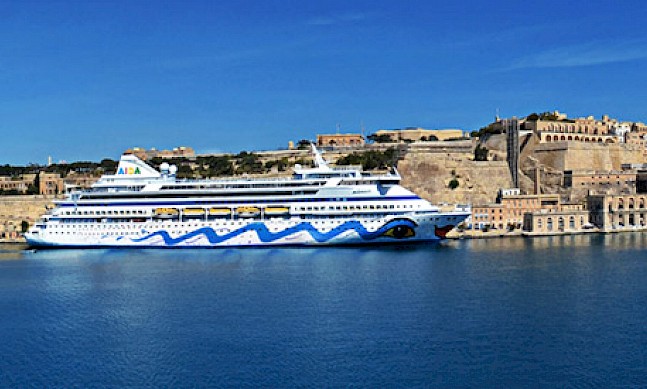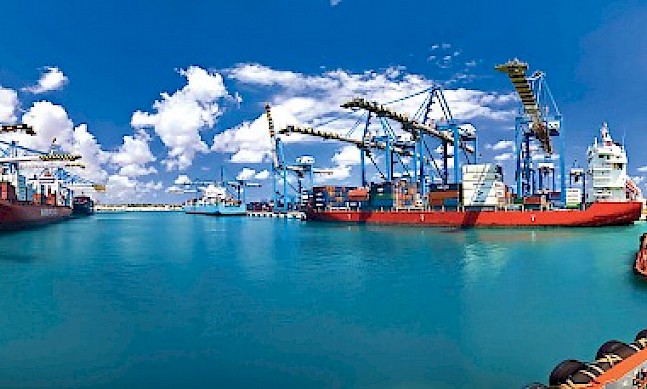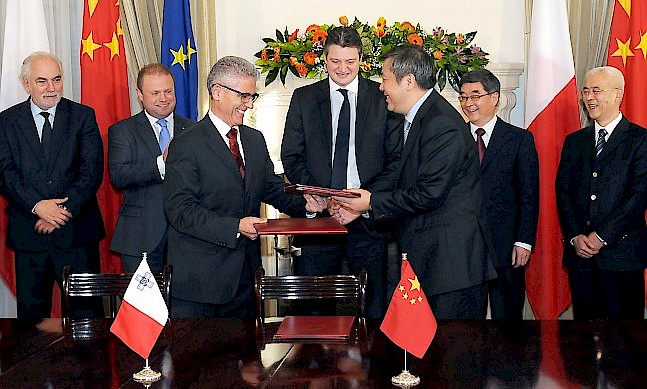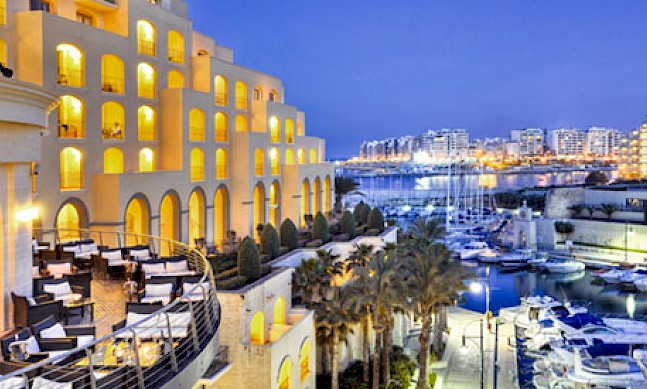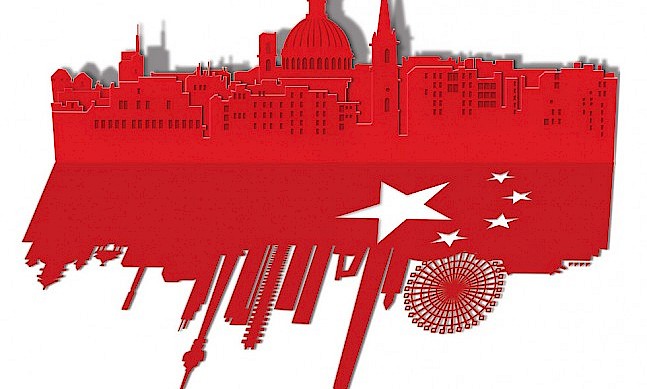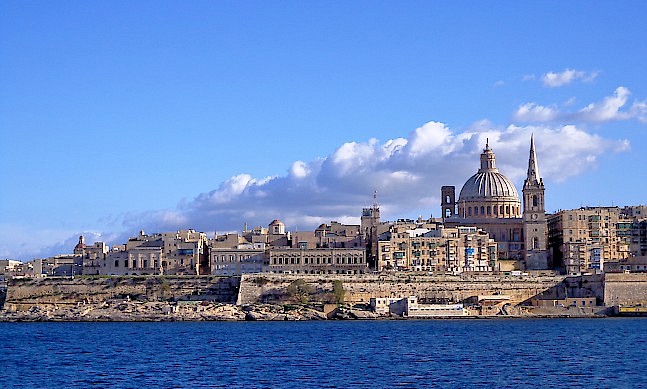The Identity Malta agency was established in 2013 with the aim of centralising key identity databases of all passport records, national identity records, public and land registries and other civil registries. It manages the Individual Investor Programme (IIP) – a citizenship-by-investment scheme by which ultra-high net worth individuals and families who want to secure citizenship of an EU Member State can become residents, and, after a period of time, citizens of Malta. Jonathan Cardona, CEO of the agency, explained to The Report Company how the programme works.
The Report Company: Can you give us an overview of Identity Malta’s operations?
Jonathan Cardona: Identity Malta covers residence, citizenship and land registry. It will grow a bit larger in the coming months as it will be taking over a number of departments to create more synergy and increase its efficiency level. Currently, a residency application is being processed in two months time. We consider this period as relatively long. By eliminating unnecessary bureaucracy, we plan to shorten the approval process to a few weeks.
TRC: What has been your involvement in the IIP and what have been the main challenges you have faced so far?
JC: My involvement in this area of the Investor Programme started during the negotiations with the European Commission. Commission representatives were misinformed about the Programme. It was our main duty to clear the relevant details on the successful operation of the investment scheme.
Citizenship is a sovereign matter of national competence. However the issue was brought to the attention of Commission by members of the European Parliament.
The Commission’s main concern was linked with the idea that a Member State could be granting EU citizenship of the basis of ‘citizenship by mail order’, where a non-EU national could simply receive a passport in return of a sum of money.
That was absolutely not the case. We explained in detail the way applicants could contribute directly to the economy and to the country’s social fund. Besides, applicants are required to purchase a property in Malta and buy Government bonds.
We argued that all these prerequisites made the Scheme an opportunity for foreign individuals to create genuine links with Malta. We believe thatinvesting €650,000, purchasing a property in Malta and buying government bonds are sufficient to create adequate links with the country.
The European Commission wanted us to be safer and take extra precautions. Following negotiations, we have introduced a 12-month residency requirement. The period is a sort of a preamble to achieve naturalisation by investment.
After one year of residing in Malta and in ability to prove the fulfilment of all the requirements the applicant will be entitled to become a Maltese citizen.
“The main aim of the Programme is to attract international talent to the Maltese islands. This new pool of talent will transform Malta into a modern business hub, where investors could embrace a pro-business atmosphere.”Post This
TRC: What stage is the programme at currently?
JC: The European Commission has given Malta its green light on the Programme. A statement issued by the Commission a few weeks ago confirmed that following slight changes to the original scheme and negotiations with the Maltese authorities, the Programme could proceed as planned. Eventually Malta’s Programme is the first of its kind to be officially approved by the European Commission.
TRC: How do you compare the programme to other programmes in other European countries?
JC: The closest one was that of Cyprus. The major difference is that Malta has Schengen status. Cyprus does not have that, therefore Malta’s Programme is more attractive for potential applicants.
Austria also has a similar programme. . We have had mixed messages on how they are actually implementing the programme and there seem to be some concerns over who is being allowed to take part in the programme. We are adopting a different approach. Our Programme have a four-tier due diligence system where we ensure that the applicant does not have any criminal record or pose any threat to security. Moreover we are careful not to create issues with countries with whom we have visa waiver agreements. We are taking the diligence system very seriously.
TRC: Considering the amendments and increased requirements that you have added to the programme, is there still a cap on how many passports would be issued? How is that going to be handled?
JC: Originally, we had had a cap of 1,800 applications. One thousand and eight hundred successful applications would be enough to give our economy an extra boost, over and above our efforts to sustain significant economic growth. The Programme was not designed to address any form of economic turmoil. On the other hand, a recent report by the European Commission actually shows the Maltese economy will be registering among the best rates of economic growth in the euro area. The Commission’s winter forecast also complemented Malta’s job creation rate and the country’s positive efforts to achieve fiscal consolidation.
The IIP would certainly give an extra boost to the country’s investment in areas such as health, education, research and innovation. The future of the Programme after the 1,800 mark is reached will be decided at a later stage. The European Commission expressed no objection to the possibility of raising the cap. However, considering the competitive edge of Malta’s programme, we decided to retain it in order to avoid market disturbance. In the end, we are keeping in mind that we are operating in a market which is still in its infancy stage. For this reason Malta will be taking decisions according to the new experiences we are going through.
TRC: Once this programme is implemented, how do you foresee the economic, social and business impact?
JC: The main aim of the Programme is to attract international talent to the Maltese islands. Its fundamental concept is not just about the investment itself. Identity Malta’s task is to attract people from around the world who can bring over to our country their sense of entrepreneurship, their skills and their talent. This new pool of talent will transform Malta into a modern business hub, where investors could embrace a pro-business atmosphere. Successful applicants can contribute to our country either through foreign direct investment or else by utilizing their intellectual skills within Maltese projects. The value-added of their links with Malta could also enrich the quality of education and the competitiveness of the local industry. There are multiple positive effects on the different aspects of the country.
“Identity Malta is open for business and we have started the Programme. Legal and financial firms based in Malta have expressed overwhelming interest to become accredited entities to process applications.”Post This
TRC: What would you say to critics who say that this programme is simply a measure taken to give entry to Chinese people into Malta?
JC: As long as the applicants are eligible and they are willing to input their talent into our economy, why not? I believe that the benefits of globalisation are not limited to a particular part of the world instead of another. Chinese investors are welcome like any other individuals who could use their resources, knowledge and expertise to enrich our economy.
If the European Union does not open itself to embrace these kinds of people, it will be a setback. Competition between Europe, China and the United States is already very fierce. We want to be at the forefront to welcome these people who plan to invest in Malta as their first step in the European market.
I think that is a very positive opportunity which no country in the EU can afford to lose.
TRC: What are the next steps to implement the programme?
JC: Identity Malta is open for business and we have started the Programme. Legal and financial firms based in Malta have expressed overwhelming interest to become accredited entities to process applications. We are currently training local practitioners as well. Given that we are adopting very high standards, we need to go through all the essential details with each practitioner. Training is being offered on an individual basis through briefing sessions with interested parties. A license to operate is only granted when the complete training process is accomplished successfully.
The process is very sensitive and we are leading with caution. Firstly, we are training the local personnel to be able to process applications, in full understanding ofthe sensitivity of the Programme. Thereon we will be processing applications. It is up and running; we are just fine-tuning some procedures internally.
TRC: Is there a timeframe to award the 1,800 citizenships?
JC: The timeframe we have in mind is of five years. So far in the first few weeks we already have a significant number of applications in their initial stages and a very nice number in the pipeline.



